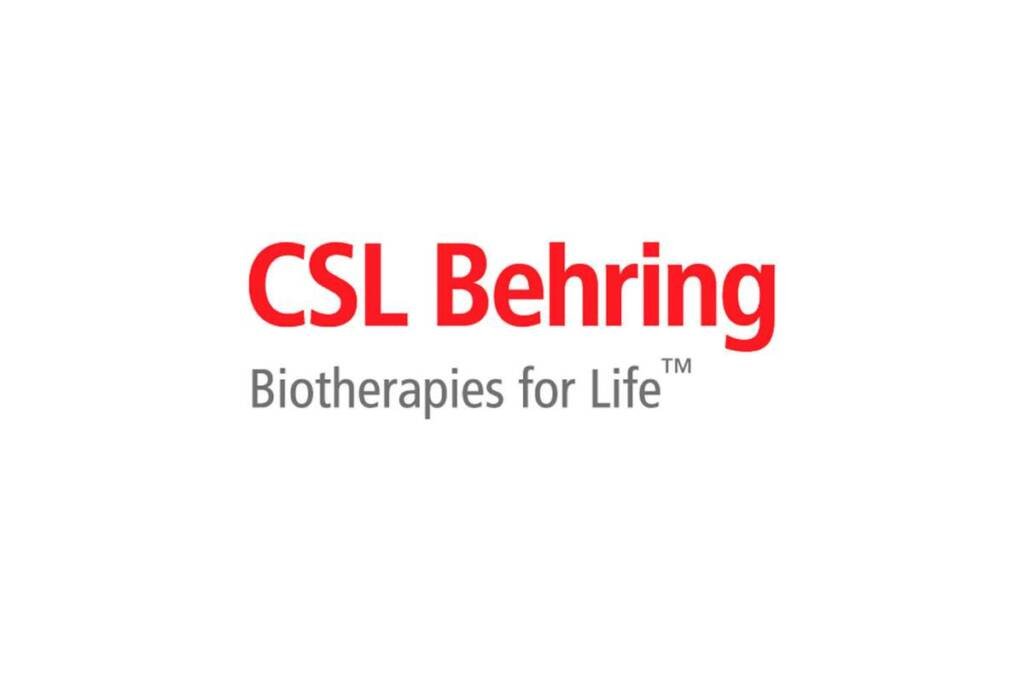The UK’s National Institute for Health and Care Excellence (NICE) has expressed hesitation in recommending approval for CSL Behring and uniQure’s gene therapy, Hemgenix, for hemophilia B due to limited evidence of long-term benefits.
Although the guidance is subject to potential changes based on comments received, as of now, NICE cannot endorse Hemgenix (etranacogene dezaparvovec) for its approved indication, which is the treatment of moderately severe or severe hemophilia B in adults without a history of Factor IX inhibitors.
NICE’s health technology assessment (HTA) agency acknowledged that the gene therapy does reduce bleeding episodes in hemophilia B patients per year, but it found insufficient evidence on its long-term effectiveness. Furthermore, uncertainties arising from the indirect comparison between the gene therapy and Factor IX replacement therapies made it challenging to determine the drug’s cost-effectiveness.
Hemgenix was conditionally authorized by the Medicines and Healthcare products Regulatory Agency (MHRA) in March for use in England, Scotland, and Wales. Shortly after, it was also approved by the European Commission for use in the EU and other territories, including Northern Ireland. The gene therapy carries a list price of £2.6 million (approximately $3.3 million) for a one-shot dose, but NICE noted that a “commercial arrangement” would apply if it eventually gets recommended for use by the NHS.
The decision has been disappointing for CSL Behring’s general manager for the UK and Ireland, Eduardo Cabas, as well as for Clive Smith, chair of the Haemophilia Society patient organization.
“NICE has expressed its commitment to a more progressive approach when assessing highly innovative medicines, and CSL Behring asks NICE to honour this commitment when assessing etranacogene dezaparvovec and other gene therapies.”
– Eduardo Cabas, CSL Behring
Smith emphasized that gene therapies for hemophilia B can significantly improve patients’ lives by reducing treatment burden, enhancing joint health, and potentially eliminating painful bleeds. He urged NICE to carefully consider these benefits and enable eligible patients to access these innovative and potentially long-lasting treatments promptly.
The evaluation document is open for comments for an additional 15 days, and a second NICE appraisal committee meeting is scheduled for September 13th, with a final decision on coverage expected toward the end of November. However, some experts, like Prof Pratima Chowdary of University College London, who chairs the UK Haemophilia Centres Doctors’ Association, see the initial decision as indicating “limited flexibility” in NICE’s appraisal process to account for the potential long-term benefits of gene therapies.
“The UK scientific and clinical community pioneered the initial science behind hemophilia B gene therapy. It’s unfortunate there are further hurdles before this innovative treatment can be made available to UK patients.”
– Prof Pratima Chowdary of University College London





























